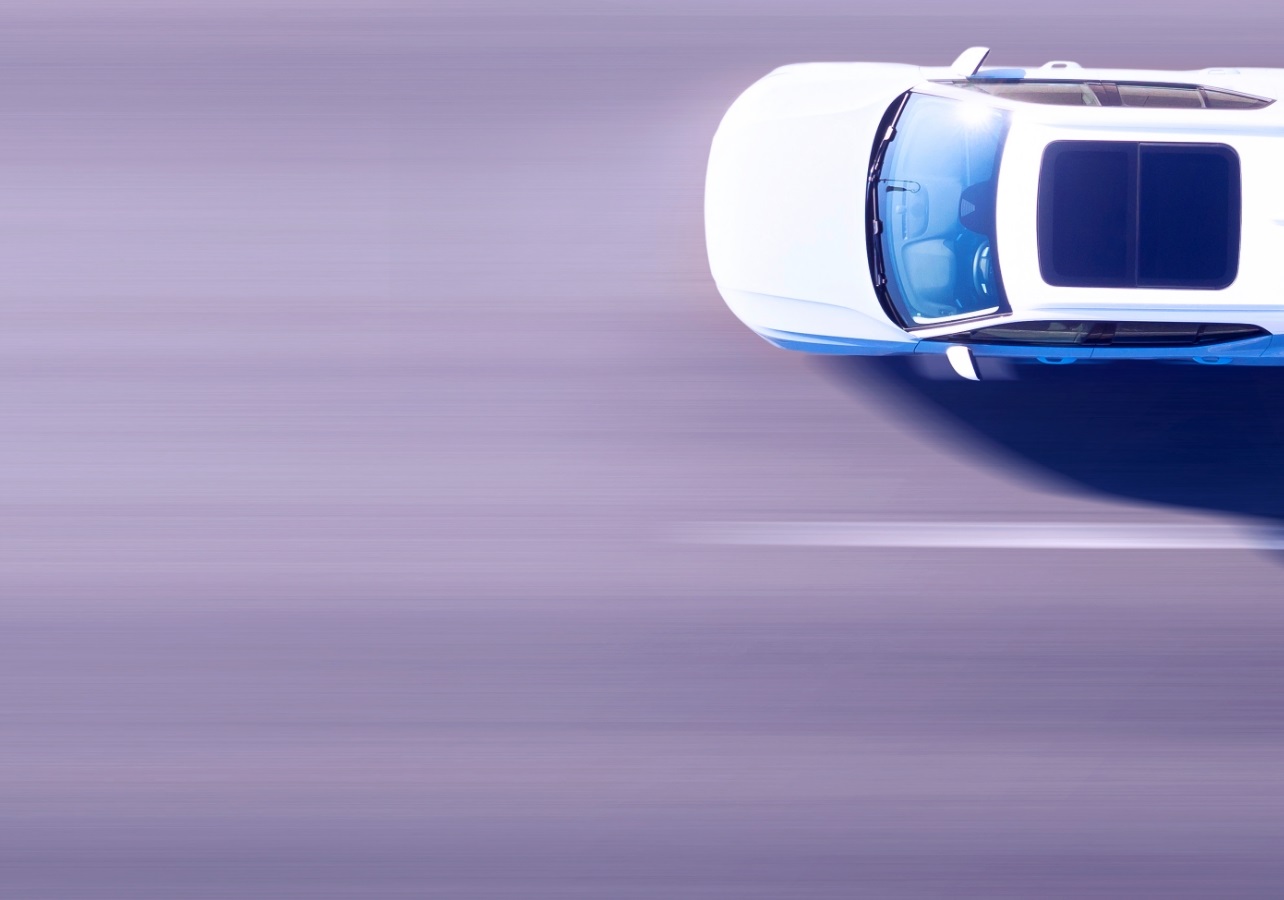Resource Highlights

Owners of high-performance vehicles expect equally impressive braking performance. But as horsepower and torque increases, and with it the potential for higher speeds, so too do the demands on the braking system. To ensure our pads are up to this challenge, we recently put them through their paces against the OE and four other leading aftermarket brands on a VW Touareg II V6 TDI – a high-end vehicle equipped with the same platform as the Porsche Cayenne and Audi Q7. The results? Well they speak for themselves…. the Delphi pad excelled; delivering exceptional stopping power, control and brake fade stability, without compromising on noise or wear.
Stopping from higher speeds puts an exponentially increased demand on the braking system, generating significantly more heat. If not dealt with effectively, the heat can build-up, reducing the brakes effectiveness, and causing what is known as brake fade. To mirror these same challenging conditions under test, we turned up the heat, performing high speed emergency stops – 105 miles per hour (mph) to zero – at temperatures up to 400°C.
Not only did the vehicle equipped with our pads, stop quicker than all four aftermarket brands, it did so under control and with minimal brake fade, a sure sign that our pads can more than handle the additional heat associated with high speed braking. On the other hand, two competitors stopped slowly at 50°C, and got considerably slower the hotter they got.
At 400°C, for example, the vehicle fitted with Delphi brake pads stopped three metres ahead of the next placed aftermarket brand, 17 metres ahead of the second and an alarming 52 and 56 metres ahead of third and fourth – the later taking an extra 37 metres to stop at 400°C versus 50°C. This demonstrates a significant decline in fade performance, or in other words, the pad is not designed to work within these higher operating parameters.

Worse still, when the Delphi equipped vehicle had come to a halt, two brands would have still been travelling at speeds of nearly 55mph. Yes, you read it right – fifty-five miles per hour. Given a pedestrian would have almost no chance of surviving an impact at 50mph, the consequences of this do not bear thinking about.
Another important consideration when choosing a replacement pad is noise. After all, you’ll want to hear the powerful thrum of the engine – and not your brakes. The good news; on a dynamometer, our pad recorded a near-silent 9.0 on the noise index, where seven or below is audible and ten is silent, and above the 70db, again where brake noise can be heard, on only 2.3 percent of occasions, well below the OE in both tests. Proof that our noise fixes such as OE shims, chamfers and underlayer really do work.

Last but no means least, we also tested the pads for wear. After 2140 stops at different speeds and pressures, the Delphi pads on the front axle, where most of the braking is performed, wore 0.1mm less than the next closest aftermarket brand and 1mm less than the worst, with significantly less wear to the disc. On the rear, the results were equally strong, this time bettering the OE. Whilst on paper, these differences may seem small, when you factor in part and labour costs over the lifetime of the vehicle, they can soon add up.

So, the next time you’re replacing a pad on a high-performance vehicle, remember to choose a brand that has been engineered to fit it. One with proven stopping power, low noise, low wear, and of course, a high degree of fade performance. Just like Delphi. Learn more about what goes into every one of our brake pads
SIGN UP TO FIND MORE
Fill yp your details to hear more from our experts and get the latest updates from Delphi.



